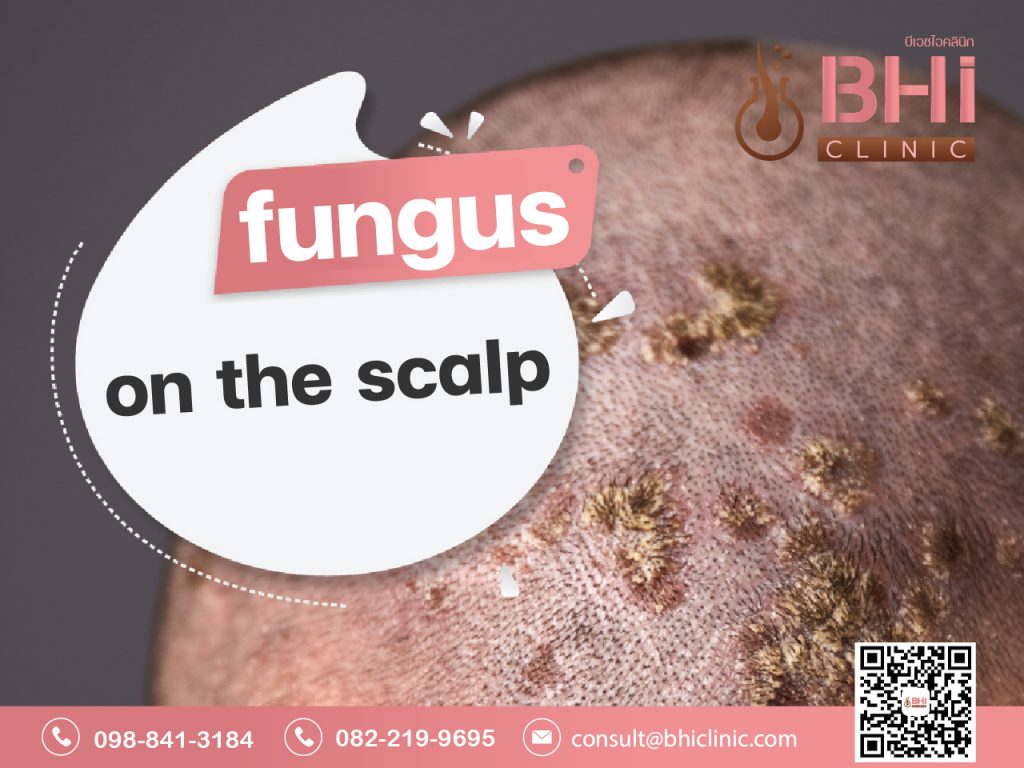Fungus on the scalp is often referred to as “scalp fungus” or “scalp fungal infection.” The most common type of fungal infection that affects the scalp is known as “tinea capitis,” also called scalp ringworm. It is not actually caused by a worm, but by a group of fungi called dermatophytes.
Symptoms of scalp fungal infection (tinea capitis) may include:
- Itchy Scalp: The affected area of the scalp can be intensely itchy.
- Hair Loss: Hair may become brittle, break easily, or fall out in patches.
- Red or Inflamed Skin: The skin on the scalp may become red, inflamed, and develop small pustules or bumps.
- Scaly Patches: Circular or irregularly shaped scaly patches can appear on the scalp.
- Swelling: The affected area may be swollen or tender to touch.
- Enlarged Lymph Nodes: Lymph nodes around the neck may become enlarged in response to the infection.
If you suspect you have a fungal infection on your scalp, it’s important to consult a medical professional for an accurate diagnosis and appropriate treatment. Treatment for scalp fungus typically involves antifungal medications, which can be prescribed as oral medications or antifungal shampoos. Over-the-counter antifungal shampoos containing ingredients like ketoconazole or selenium sulfide may also be used.
It’s worth noting that some other conditions, such as psoriasis or eczema, can also cause similar symptoms on the scalp. A proper diagnosis by a healthcare provider is essential for effective treatment. In addition, maintaining good scalp hygiene and avoiding sharing personal items like combs, hats, and pillows can help prevent the spread of fungal infections.




